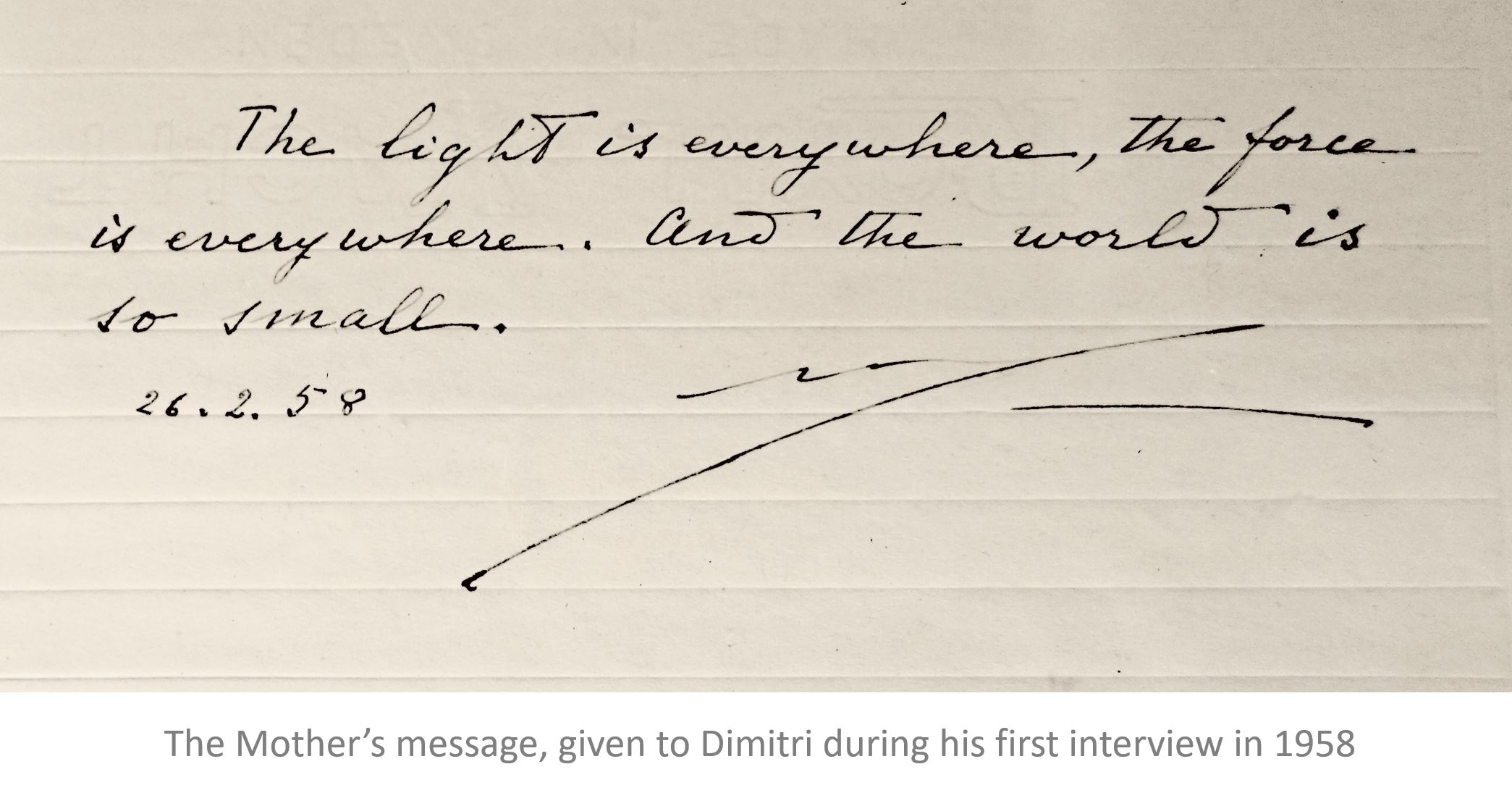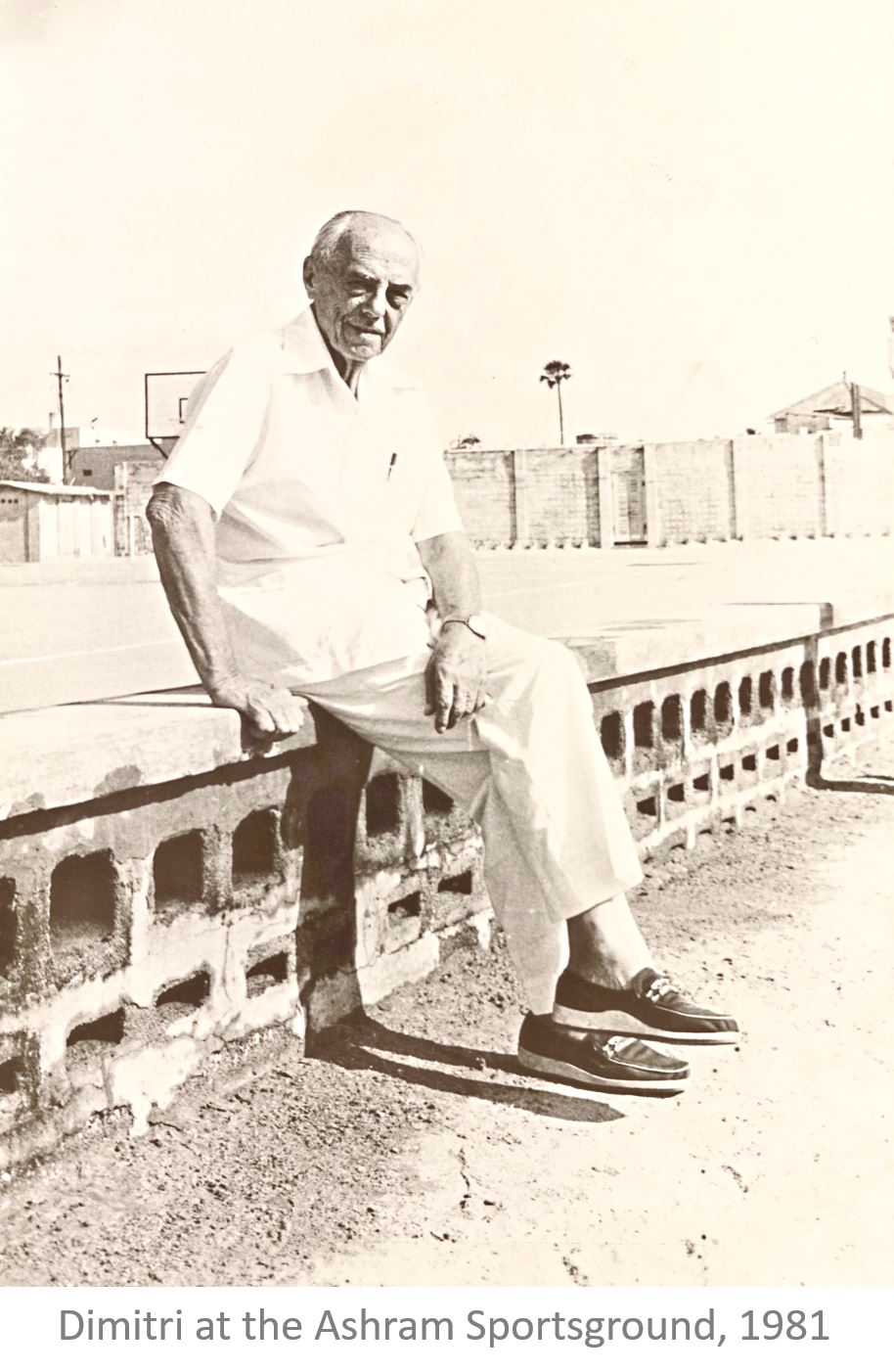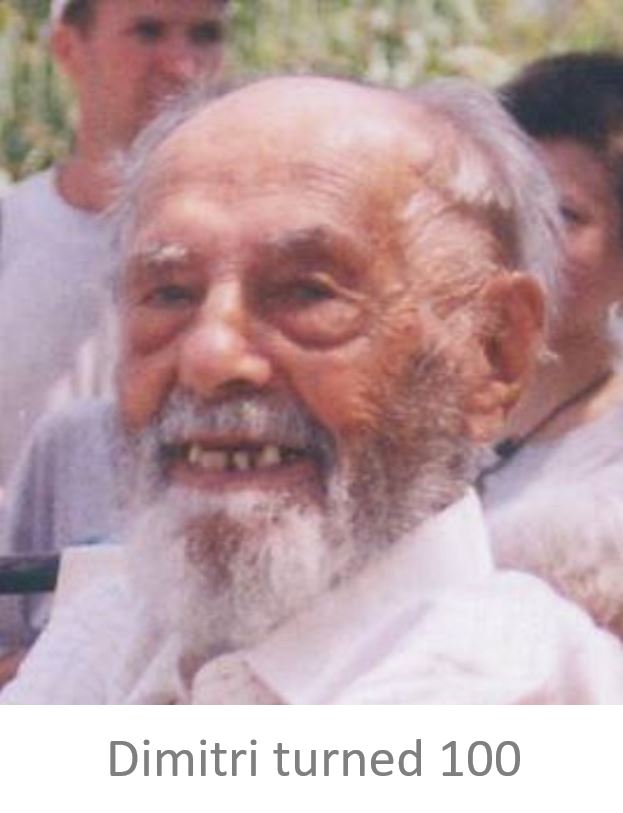A short fragment from a documentary, made in 1989. In Russian with English captions. A full documentary can be found HERE (in Russian only). An essay by Anie Nunnally is below.
Dimitri von Mohrenschildt (1902-2002) – A Remembrance
By Anie Nunnally
Dimitri was born 11 April 1902 into an aristocratic family of German heritage, in the beautiful city of St. Petersburg, Russia, known during the communist regime as Leningrad. In 1917, when he was just a boy of 15 years, Dimitri’s life and that of his family, which was one of privilege, wealth and social standing, was abruptly interrupted by the Russian revolution. The Bolsheviks overthrew the Czarist rule, murdered Czar Nicholas II and his entire family, and quickly moved into power. Stories of the terrible tragedy are now a painful part of Russian history. Many families were slaughtered and others barely escaped with their lives across borders dressed as peasants, even carrying with them infants buried under clothing in laundry hampers. Dimitri’s immediate family were spared but some relatives were murdered.
He was separated from his brother and parents for quite some time. During this period he was captured, imprisoned, and named on a list of those to be murdered. However, his father was able to get him included in a group of Polish hostages to be exchanged with the Polish government, and he travelled by special train across the border to Minsk, where he was reunited with his parents. At each of these frightening junctures, he came to see that in all cases it was an intervention of the Divine Grace that had spared him. He later came to realize that it was indeed the hand of the Divine Mother guiding him throughout all these events.
Dimitri eventually joined the merchant marines and boarded a ship bound for the USA. Ultimately, he graduated from Yale University, married, and became a professor of Russian history and civilization at Dartmouth College in Hanover, New Hampshire. While there, he founded, edited, and published The Russian Review, an anti-communist and literary quarterly, which continued for many years.
His close friend, the late Rene Fueloep-Miller — educator, author, and professor of sociology at Hunter College, New York, and later Dartmouth College introduced him to the books of Sri Aurobindo and the Mother in the late 1950s. Dimitri travelled to the Ashram in 1958 with Eleanor Montgomery, met the Mother, and had her darshan. He subsequently made other visits to the Ashram. He retired from Dartmouth in 1968 and moved to California, where he served as a consultant on Russian affairs for the Hoover Institution at Stanford University.

In 1976, at age 74, he left that post and his life in America and moved to the Ashram in India, where he spent the last 26 years of his life as a resident of Golconde. He began translating Sri Aurobindo’s writings into Russian and somehow managed to get these typed manuscripts into Russia, where they were circulated among the underground. For years there were many souls there who were spiritually inspired by the words of Sri Aurobindo due to this daring act. Now, in these more lenient times since the dissolution of the Soviet Union, Dimitri was visited at Golconde on a regular basis by visitors from Russia and those Russian citizens who had moved to Auroville and the Ashram. He had become something of a “living icon” for them as a representative of pre-revolutionary life in Russia.
Dimitri was the personification of the aristocratic, intellectual, and cultured European nobleman. He enjoyed fine cuisine, the best Belgian chocolates and Lindt Swiss chocolates (my standing gift to him), the arts, music, poetry, dance, and simple but elegant dress. He detested everything base, unrefined, insensitive, and uncouth. His inner life was private, but his devotion to Mother and Sri Aurobindo was most apparent.
His generosity and affection towards his friends were touching and heartwarming, as was his generosity towards Auroville and other aspects of the Mother’s work. On 26 February 2002, he laid the foundation stone for the Russian Pavilion in Auroville. For many years he made donations to the Matrimandir Gardens and more recently to the Russian Pavilion, the Unity Pavilion, and the Auroville Land Fund purchase.
He had an enormous will and powerful vital and physical stamina. He so loved the sea, and for all those years that he lived in India, he swam daily in the Bay of Bengal. This continued up to his 89th year. A sudden attack of osteoporosis confined him to the Ashram nursing home for some months, after which he returned to Golconde but in a bedridden state. Gradually, with great personal determination, he began to walk again, and his caregiver, Susan Crothers, would then go with him to the beach daily. Occasionally, when the sea was calm, they would swim together in the area designated by the Mother years back as being safe. When he could no longer swim, Sue would wheel him down in his wheelchair so that he could imbibe the fresh salt air and watch the waves roll in and recede. He passed on in the manner in which he had lived his life… with quiet dignity. Dimitri’s ashes were cast into the Bay of Bengal. He shall be greatly missed.
— Anie Nunnally
Eternity drew close disguised as Love
And laid its hand upon the body of Time.
— Sri Aurobindo, Savitri





About Savitri | B1C3-10 The New Sense (pp.29-31)